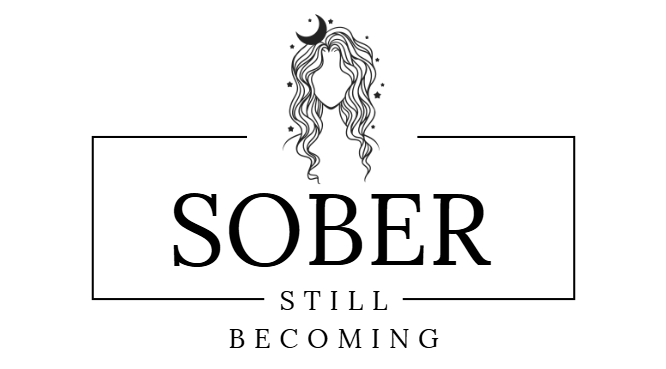Loneliness in Sobriety
By: Tasha Truchel
Reflection
I remember the first time I noticed that sobriety could feel lonely. That feeling came and went in waves. Over the years, it has faded as I’ve grown stronger and gained clarity. Today, I have supportive people in my life who truly understand me. My advice to anyone struggling with this is to build a community of like-minded people — whether through faith, AA meetings, or online support groups.
When I first got sober, I imagined life would feel perfect, like all my problems would vanish. They don’t. What changes is your ability to face them without running to a drink or drug. That clarity is empowering. You start to handle life’s responsibilities head-on and realize you’re capable of much more than you ever imagined.
Naming the Loneliness
Certain times made me feel especially isolated: weekends, holidays, social events, or even nicer weather. Part of me still wished I could be “normal,” whatever that truly means, and enjoy a drink without consequence. But I’m not built that way, and I never will be. Picking up a drink would only take me back to where I started.
In the beginning, I avoided events. Now, I embrace them — but on my own terms. If I want to leave early, I do. There’s a freedom in showing up as your authentic self and leaving on your own terms. That’s a feeling few people can truly experience.
Lessons Learned from Loneliness
Loneliness has taught me the importance of having a good relationship with myself. It’s okay to have downtime, to spend time alone. Anxiety over loneliness often comes from not being comfortable with your current circumstances. Learning to enjoy your own company — reading a book, going for a walk, journaling, learning something new, or simply relaxing — is transformative. Ask yourself: would you speak to your best friend the way you speak to yourself? If not, it’s time to adjust.
It has also revealed which habits and relationships weren’t serving me. Doom scrolling, overthinking, and rushing through life only amplified feelings of isolation. Slowing down, taking a breath, and reminding myself that not everything needs to be conquered in one day has been a game changer. Life on life’s terms is enough.
When loneliness feels overwhelming, my greatest tool is trusting in something greater than myself, in the process, and in my own strength. Small practices like journaling, prayer, exercise, or calling a friend help me shift perspective and reconnect with life.
The Bigger Picture
Sobriety has reshaped my understanding of connection and community. Connection is the opposite of addiction. Even a few close friends who truly align with your authentic self can make all the difference. Quality over quantity matters more than ever.
Faith and spirituality has also met me in my loneliest moments. Learning to pause, breathe, and let go of control reminds me that life is bigger than my own desires. Recentered, I find strength and comfort in knowing I’m not alone.
Encouragement for Others
If sobriety feels too lonely to keep going, know this: get comfortable being uncomfortable. Challenge yourself in small ways—dinner alone, a movie alone, a quiet walk. Build a relationship with yourself, and seek a circle of supportive friends. Attend meetings, speak up, and engage in your community.
Most importantly, nurture your relationship with your higher power. Consider the qualities you’d want in that power and how they would treat you and others. For me, it’s about building a relationship with something grater than me - not perfect, but real. With spirituality, faith, self-love, and connection, you will be okay.

